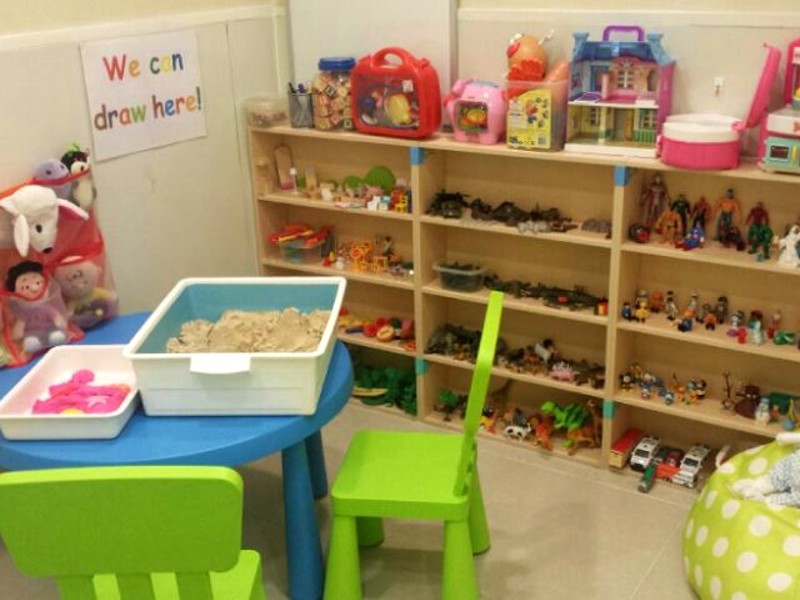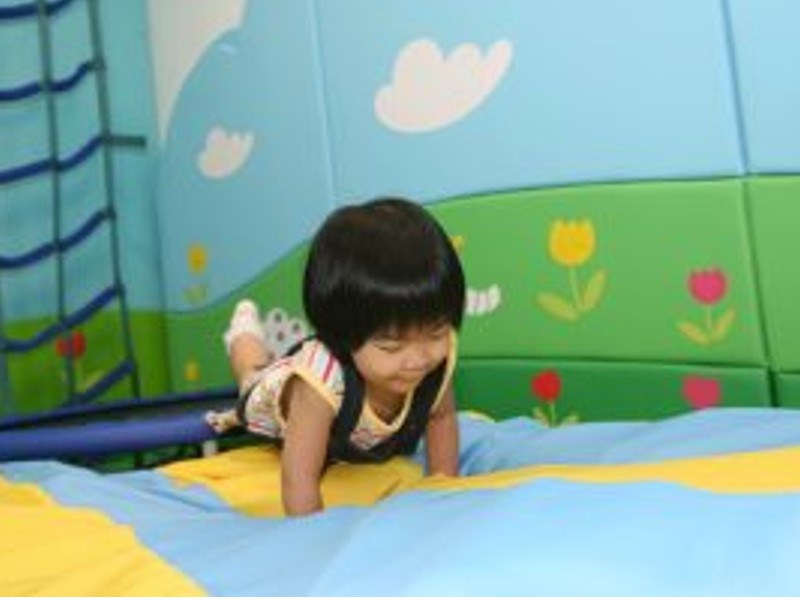Occupational Therapy
For children, “occupation” refers to their ability to play, learn, and care for themselves. If there are problems with these abilities due to congenital or acquired factors, it is necessary to conduct an assessment by an occupational therapist to understand the child's sensory integration development ability, large and small muscle abilities, writing and hand functions, or visual perception abilities, etc., so as to provide appropriate care. Cutting treatment.
Sensory integration
"Sensory integration" is a neural process produced by human body hair movement. Our body will receive seven kinds of sensory stimulation, including sight, hearing, smell, taste, touch, body and vestibule. "Sensory integration" organizes and interprets sensory information from the body and the environment so that individuals can effectively interact with the environment. Sensory integration disorders can affect the development of an individual's concentration, physical coordination, behavioral emotions, and even language.
Self-care ability and large and small muscle development
In daily life, children need to gradually master life skills such as personal neatness, organizing personal belongings, and tying shoelaces. If the child's large and small muscles are not developed as expected, such as: body movement planning, bilateral coordination, hands, and hand-eye coordination , hand or upper limb muscle strength, hand function, finger flexibility and tool use ability, etc., will greatly affect their self-care ability, writing ability and other physical development.
Learning ability
Children who are unable to perform well in their studies may have the following difficulties:


